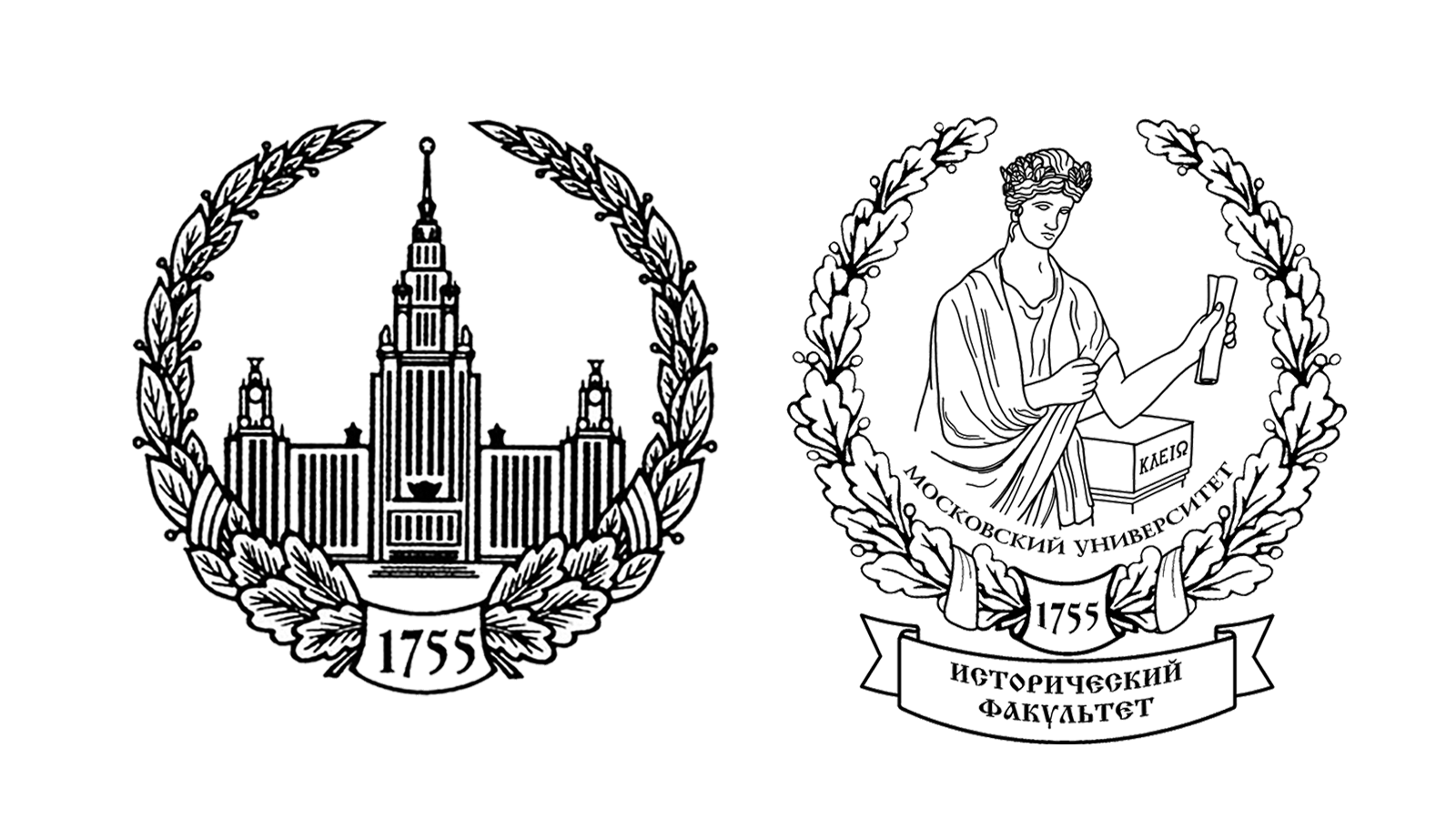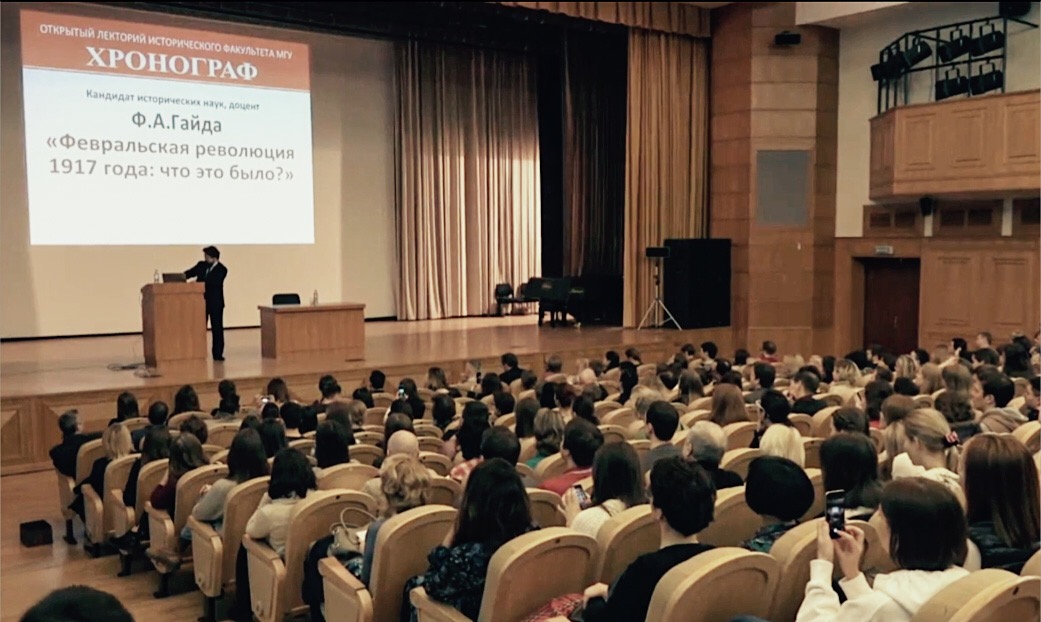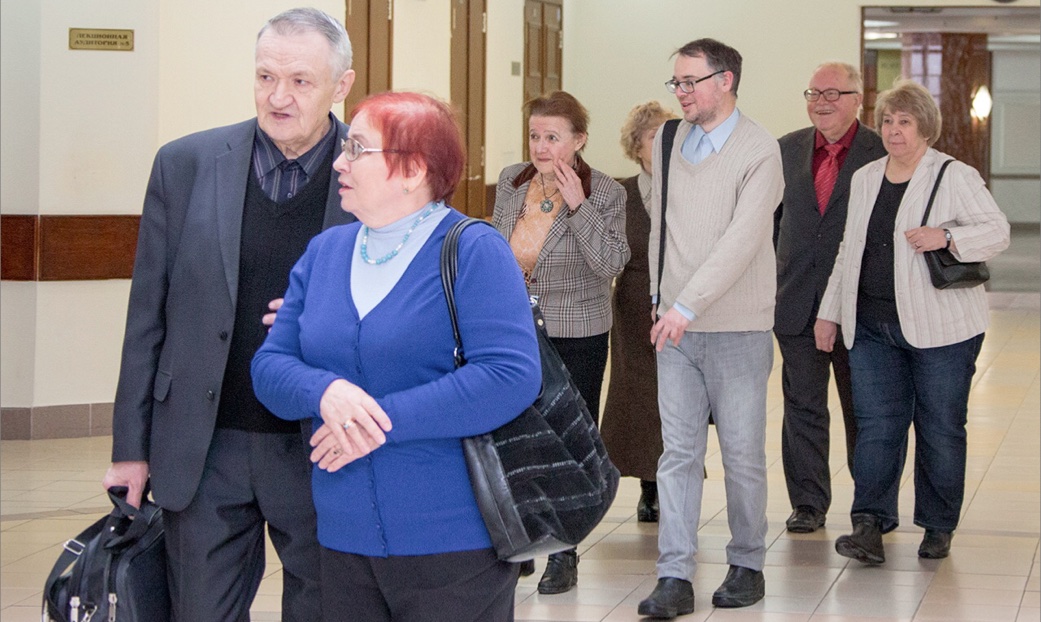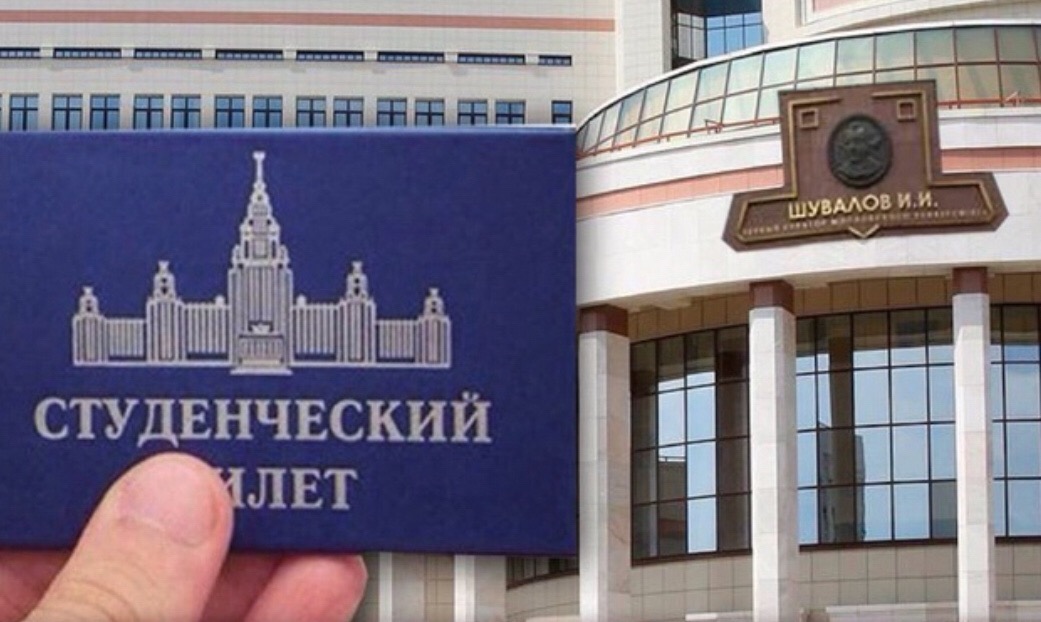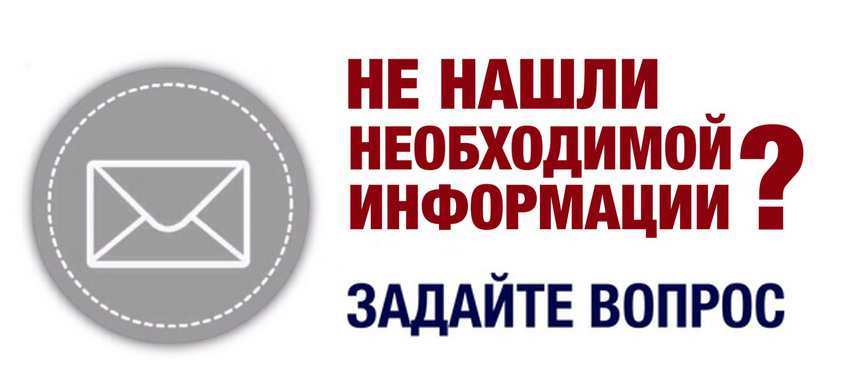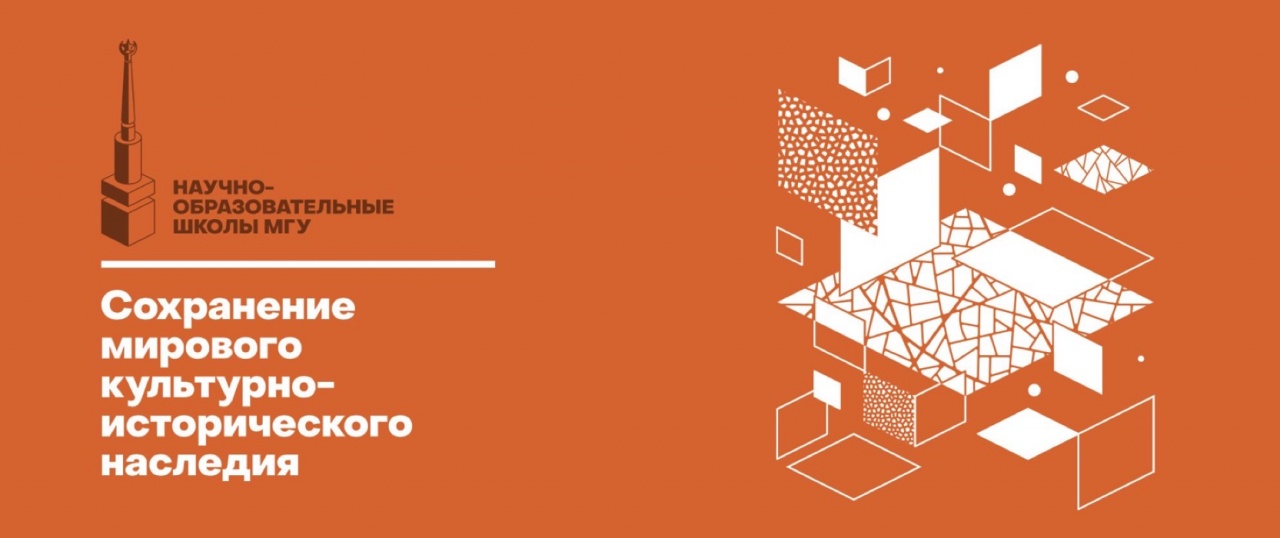Новости науки
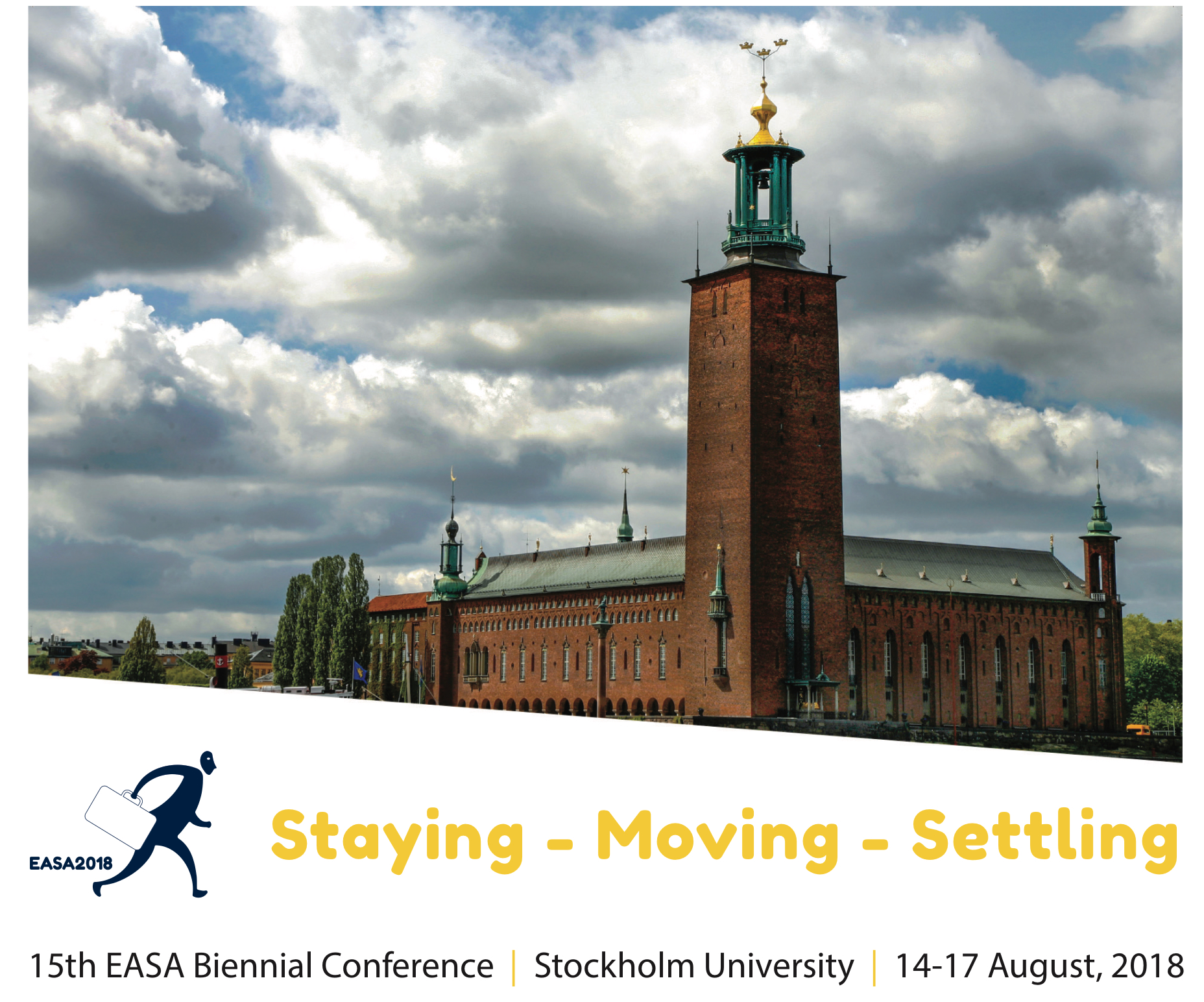
14-17 августа 2018 года сотрудники кафедры этнологии исторического факультета МГУ приняли участие в 15 конференции Европейской ассоциации социальных антропологов (EASA), прошедшей в Стокгольмском университете (Швеция).
Заведующий кафедрой этнологии, д.и.н., профессор Д.А.Функ выступил с докладом "Does anybody need it? Applied anthropology in contemporary Russia" [Это кому-нибудь нужно? Прикладная антропология в современной России], который был посвящен противоречивой судьбе прикладной антропологии в пост-советский период и дальнейшему развитию этой дисциплины. Исследование выполнено в рамках проекта "«Ресурсное проклятие» на циркумполярных территориях: российский и международный опыт анализа и урегулирования конфликтов из-за невозобновляемых ресурсов в местах традиционного проживания аборигенных этнических групп", поддержанного грантом РНФ.
![]() The possibilities and spheres of work of anthropologists (ethnologists / ethnographers) in the applied field have changed significantly in Russia over the last 30-35 years. Practically the entire period after World War II and until the mid-1980s could be described as the time of memoranda after expeditions sent by many researchers to the departments of social development of the communist party and state structures in the hope of alleviating the complex conditions of existence of indigenous communities. Special training of applied anthropologists in universities was absent. For the modern period, special programs of university training, as well as a significant expansion of the scope of applied anthropologists, become characteristic. In some universities, specialized master programs ("ethnological expertise", "migration studies", "management in the sphere of interethnic and state-confessional relations", etc.) have appeared.
The possibilities and spheres of work of anthropologists (ethnologists / ethnographers) in the applied field have changed significantly in Russia over the last 30-35 years. Practically the entire period after World War II and until the mid-1980s could be described as the time of memoranda after expeditions sent by many researchers to the departments of social development of the communist party and state structures in the hope of alleviating the complex conditions of existence of indigenous communities. Special training of applied anthropologists in universities was absent. For the modern period, special programs of university training, as well as a significant expansion of the scope of applied anthropologists, become characteristic. In some universities, specialized master programs ("ethnological expertise", "migration studies", "management in the sphere of interethnic and state-confessional relations", etc.) have appeared.
A special phenomenon of Russian practice (however, of politics as well) is the so-called ethnological expertise, a distant similarity to the practices of SIA, the analysis of the methodological tools of which the paper pays special attention. Based on the analysis of university programs, the paper assesses the existing practices of training applied anthropologists and, on the basis of the materials of "ethnological expertise", shows the role of anthropologists in applied research/practice. The presented materials testify to the direct dependence of university programs and employment spheres of applied anthropologists on changes in state policy, which does not always positively affect both the quality of these programs and the expansion of the capabilities of applied anthropologists.
К.и.н., ст. преподаватель Д.А.Опарин представил доклад "Central Asian migrants in Tomsk. Where next?" [Среднеазиатские мигранты в Томске. Куда ехать дальше?], посвященный месту Томска на миграционной карте трудовых мигрантов из Средней Азии, их стратегиям и планам. Исследование в Томске проводилось в июле-августе 2018 года в рамках гранта РНФ "Использование и создание мигрантами городской инфраструктуры сибирских региональных столиц".
![]() Western Siberia has been a beacon for migrants from the European part of Russia, from the national republics and the southern regions of Siberia in the post-war era. In contrast with the other regions of Siberia, the oil- and gas-rich North remains a magnet for migration from the entire former Soviet Union to this day. The research focuses on the migrational experiences of "new" migrants and their hopes, destination desires, personal and professional ambitions.
Western Siberia has been a beacon for migrants from the European part of Russia, from the national republics and the southern regions of Siberia in the post-war era. In contrast with the other regions of Siberia, the oil- and gas-rich North remains a magnet for migration from the entire former Soviet Union to this day. The research focuses on the migrational experiences of "new" migrants and their hopes, destination desires, personal and professional ambitions.
I am interested in the place of Tomsk in personal migration strategies of the labour migrants from Central Asian countries. Do they want to stay in Tomsk, or do they want to return back to Central Asia or move forward to the European Russia, particularly Moscow and St. Petersburg? How is belonging to the city expressed? What is home for them? Why have they chosen to come to Tomsk? Through the local identity and migration strategies of the informants I am going to reveal intensity of their social ties, their aspirations and different dimensions of identity.
Конференция ЕАСА проходит каждые два года и считается среди европейских антропологов наиболее авторитетным научным форумом.
